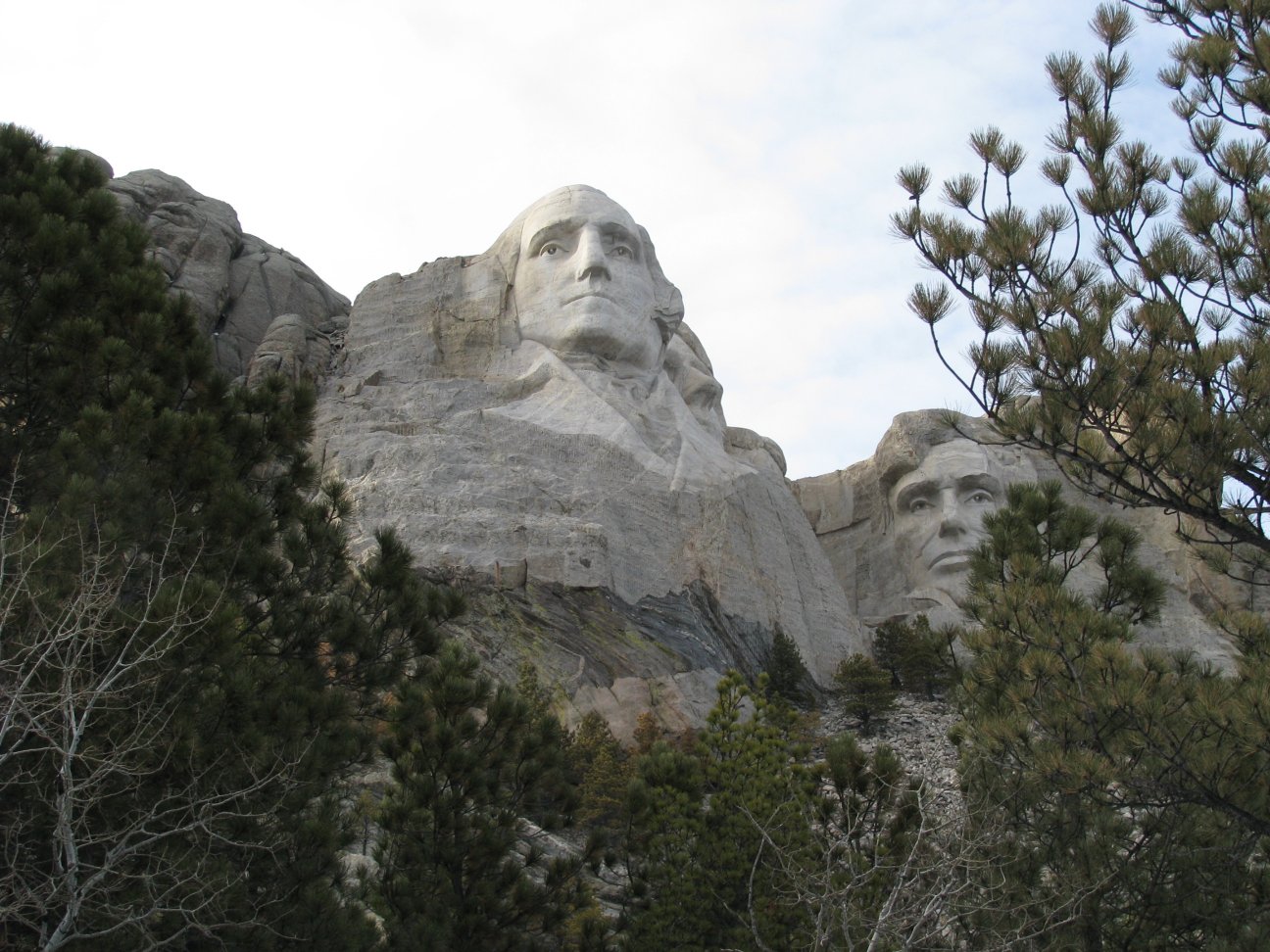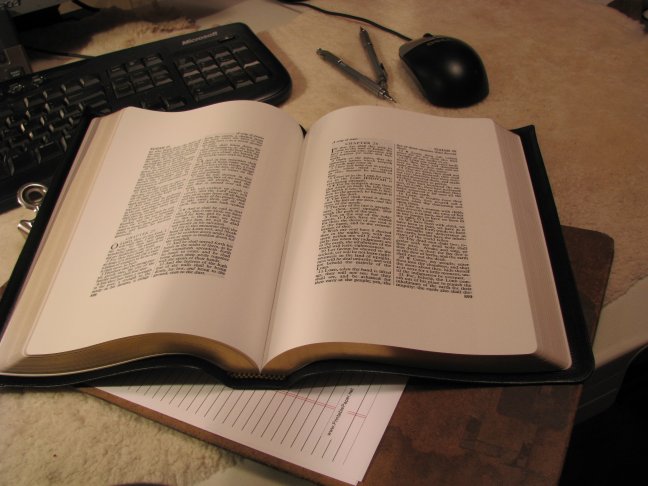
www.scatteredchristians.org
(These are notes from 2003, but updated somewhat March 22, 2010)

(These are notes from 2003, but updated somewhat March 22, 2010)
|
Jeremiah Introduction See what God did with a nation that rejected His words! |
The poetical books (Job to
Song
of Solomon)
belong to the golden age of the Hebrew nation.
The prophetical books (Isaiah
to Malachi)
belong to the days of the fall of the Hebrew nation.
There were major prophets -
Isaiah, Jeremiah, Ezekiel and Daniel.
There were minor prophets -
Hosea, Joel, Amos, Obadiah, Jonah, Micah,
Nahum, Habakkuk,
Zephaniah, Haggai, Zechariah, Malachi.
When the Northern Kingdom fell (737-721 B.C.),
the prophets preaching were Joel, Jonah, Amos,
Hosea, Isaiah, Micah.
When the Southern Kingdom fell (606-586 B.C.),
the prophets preaching were Jeremiah, Ezekiel,
Daniel, Obadiah, Nahum,
Habakkuk, Zephaniah.
|
Israel: Amos, Hosea
|
The Prophets were called forth when the Ten Tribes crumbled at the then of Solomon's reign (I Kings 12). The Northern Kingdom adopted as their national religion Calf-worship, the religion of Egypt. They soon added Baal-worship, which the Southern Kingdom worshipped. When God's name was disappearing from the minds of men, and God's plans for the ultimate redemption of the world were not going forward, it was then that God called the Prophets to preach.
Priests were the regularly appointed religious teachers of the nation. They were in a hereditary class and were often the wickedest men in the nation. Still, they were religious teachers. Instead of crying out against the sins of the people, they fell in with them, a nd became leaders in their sins.
Prophets were not a hereditary class. In the Old Testament days,
each one received his call directly from God. They were called from
different vocations.
Failing to save the unholy city, they still gave explanations and assurances that the collapse of God's nation does not mean the end of God's plans. Instead, after a period of punishment, there would be a Restoration and for God's people, a glorious future.
|
Joel: A vision of the Gospel Age, ingathering of the nations.
|
Here is a short summary of the Book of the Prophet JEREMIAH
Jeremiah prophesied during the time when Israel had been taken into captivity and Judah was in her declining days.
Soon after Josiah's death, the kingdom of Judah hastened to its end. Judah was reduced to near slavery to Egypt at the battle of Carmesh. About 12 years later, Nebuchadnezzar, the king of Babylon took Jerusalem and began the deportation of all the princes and men of station which ended in the complete captivity of Judah 11 years after. A few of the poorest were left in the land. Jeremiah kept on with his ministry among them until they went into Egypt. They did this in spite of divine warnings. Jeremiah followed them into Egypt and the last we hear of him he was still rebuking his people.
Jeremiah prophesied for more than 40 years. He began his ministry about 60 years after the death of Isaiah. Jeremiah was living at the same time of Habakkuk, Zephaniah, Ezekiel and Daniel and maybe Nahum.
Jeremiah was the ninth of the prophets. He prophesied to the southern kingdom of Judah, before the exile and during the trying days of the captivity. He saw five kings upon the throne of Judah: Josiah, Jehoahaz, Jehoiakim, Jehoiachin and Zedekiah.
There was a great contest for world supremacy in his day. Assyria
had been in the place of leadership for 300 years. Babylon was now
ascending in power. Egypt was also striving for supremacy.
Eventually, Babylon became the world's power and took Jerusalem captive.
False prophets swarmed the city and flattered the king and prophesied to
him whatever they thought he wanted to hear.
Jesus Christ "appears" in Jeremiah in two ways. As in types, and also in the fact that Jeremiah and Jesus Christ have much in common.
Fountain of Living Waters Chapter 2:13
Great Physician Chapter 8:22
Good Shepherd Chapter 31:10; 23:4
The Righteous Branch Chapter 23:5
David the King Chapter 30:9
The Redeemer Chapter 50:34
Lord Our Righteousness Chapter 23:6
Jeremiah is called the Weeping Prophet:
He was called without consent -
1:4-6
He was cursed without a cause - 1:11-18
He was jailed without a jury - 38:1-14
He was faithful without a friend - 20:10,14
He was right without a reward - 43:1-7
